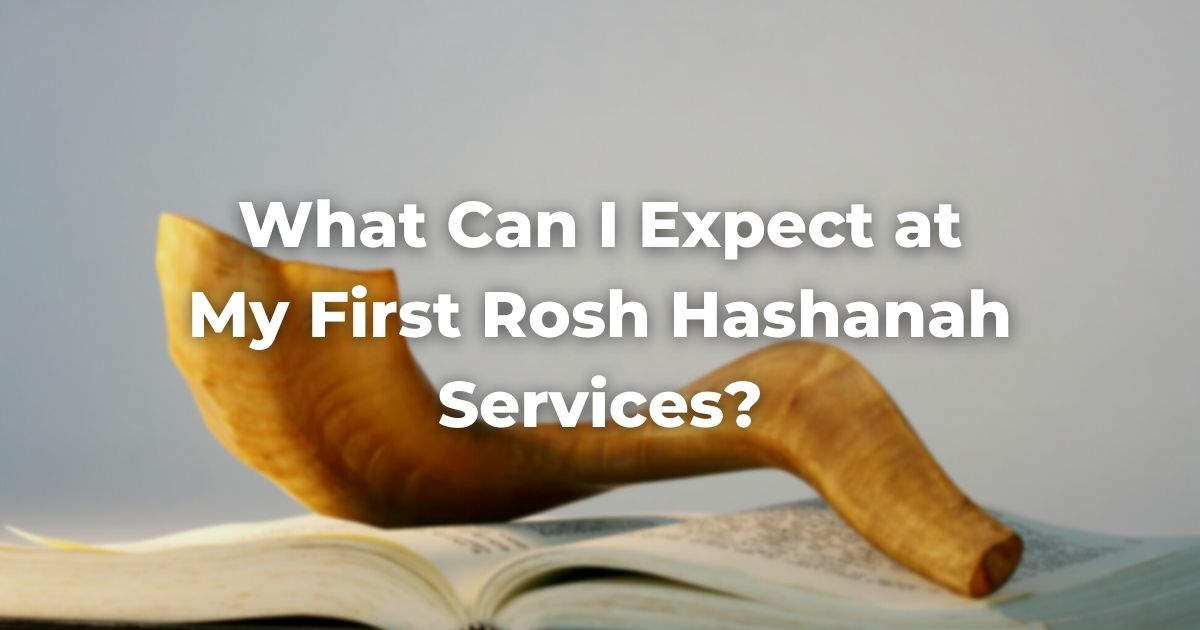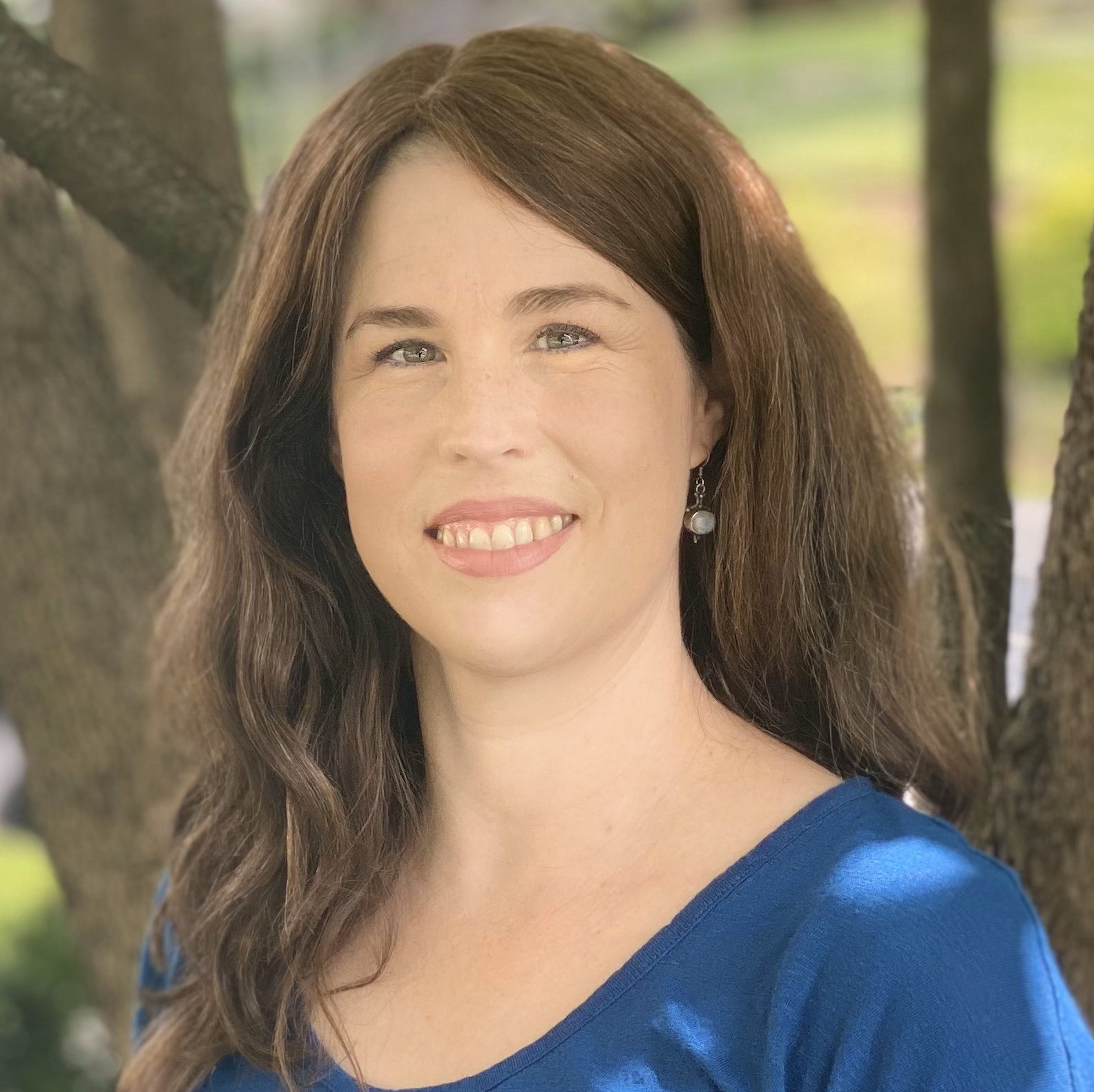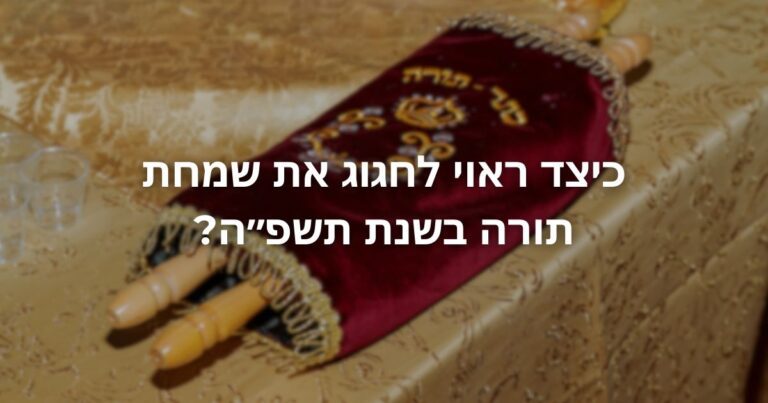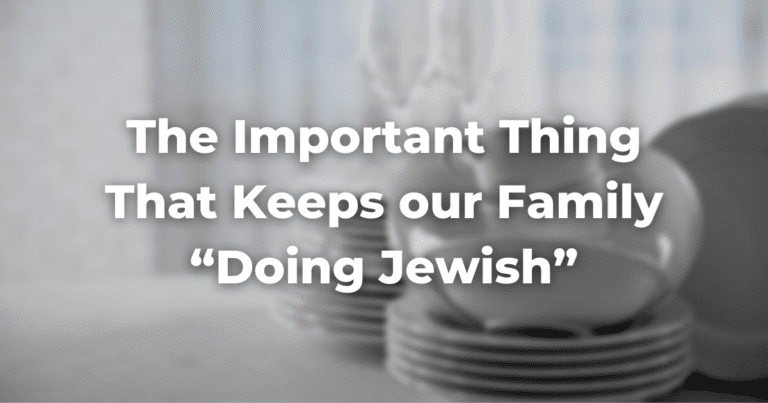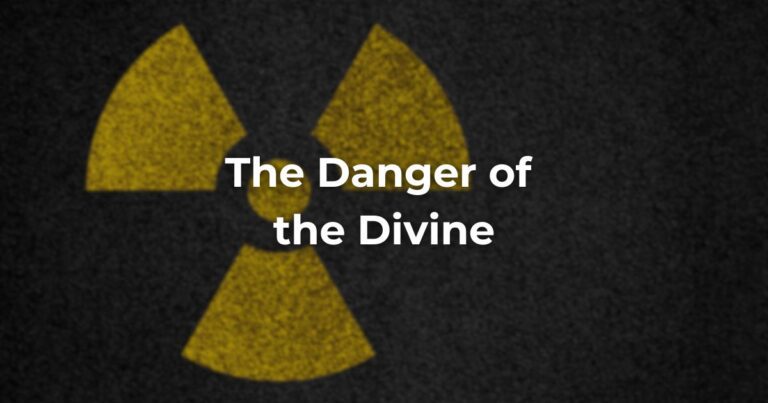Rosh Hashanah, the celebration of the new year in the Jewish calendar, is an incredibly meaningful time to join a synagogue community for prayer. For many people, this time can feel like a particularly important moment to connect with Jewish community and practice. Whether this is your first time attending Rosh Hashanah services, or the first time in a long time, here is a guide to what you can anticipate.
Welcome
When you arrive at the service location, you will likely be greeted by volunteers or staff from the community. You will receive a mahzor, the special prayerbook used for the High Holy Days and help orient you to the space. If you have questions about the service or need help, please ask a volunteer or your neighbor. People are typically happy to help!
Expanded Prayers and Songs
The prayer services for Rosh Hashanah follow the same general structure as other Jewish prayer services, but with special additions and elaborations for the holiday. The overall arc of the morning service includes:
Warm up prayers
This section of the service, known as pesukei d’zimra consists blessings and psalms to get spiritually warmed up.
Shaharit
The morning service includes Shema, with blessings before and after.
Shaharit continues with a special version of the amida, or standing prayer, for Rosh Hashanah. This series of blessings, usually recited individually and then repeated by the prayer leader, highlights the meaning of the day. During the leader’s repetition, we include special songs and poems, piyutim, that explore these themes.
Torah reading
We read a special section from the TorahRefers to the first five books of the Hebrew Bible, the Tanakh, also called the Five Books of Moses, Pentateuch or the Hebrew equivalent, Humash. This is also called the Written Torah. The term may also refer to teachings that expound on Jewish tradition. Read more on Rosh Hashanah.
On the first day of Rosh Hashanah we read the story of the birth of Isaac (Genesis 21)
On second day we continue the narrative in Genesis 22, with the story of the akeida, when God tests Abraham by asking him to offer Isaac on the altar.
On both days, we also read the haftarah, a selection from the prophetic books of the Hebrew Bible.
Shofar
Blowing of the ram’s horn is a special mitzvah (commanded practice) of the holiday. We are invited to stand as the shofar is blown. The person blowing the shofar says a blessing on this special ritual, before:
- Tekiyah—one long blast
- Shevarim—3 longer blasts
- Truah—9 broken, staccato blasts
A teaching or sermon
A rabbi, teacher, or occasionally a member of the community will likely speak after the Torah reading on a theme related to Rosh Hashanah.
Musaf
The additional service—the musaf service—is a special focal point of the Rosh Hashanah service. This version of the amidah includes three special sections focused on key themes of the holiday:
- Malchuyot—recognizing God’s sovereignty and role as a powerful creator
- Shofarot—Biblical references the sounding of the shofar
- Zichronot—God remembering the covenant or relationship with the Jewish people
The shofar is blown again in between each of these sections.
Self-care is important
Because the services for Rosh Hashanah are longer than the average Shabbat service, it can be challenging to remain focused and present for the entire service. It is ok to take breaks, stretch, get a drink of water, or do what you need to do to attend to your physical wellbeing.
This is your experience
While joining together in the communal prayer service can be powerful, finding your own individual connection to the experience matters, too. Please feel welcome to:
- Read and explore the commentary and additional readings offered alongside the pages of the mahzor
- Spend some time in quiet contemplation or meditation
- Take the prayers at your own pace, connecting with the words and images that resonate most with you
- Listen to the music of the service—even if you don’t know the words, hum along with the melodies, or sway to the rhythm of the music. You may notice other people doing this too!
We are in this together!
Throughout the High Holiday season, we gather together as a community to celebrate and support one another as we reflect on what we would like to do differently in the year ahead. It can feel overwhelming to come to an unfamiliar service or community for the first time. Please know that your presence matters and that you are helping lift us all up as a community in this moment.
May we all experience a meaningful Rosh Hashanah and a sweet beginning to the New Year.
Author
-

Rabbi Lindsey Healey-Pollack is a ritual leader, educator, and writer who seeks to foster deep connection and co-creation between our authentic selves and Torah. She currently serves as spiritual leader of Congregation Kol HaNeshamah in Englewood, NJ and coordinates the Introduction to Judaism program at Town and Village Synagogue in New York. She is also delighted to co-host the podcast “Sacred Realms: Sci-Fi and Fantasy through a Jewish Lens” with her colleague Rabbi Andrew Pepperstone. Rabbi Lindsey shares her writing, art, and teaching online on her website and social media.
View all posts https://rabbilindsey.substack.com

